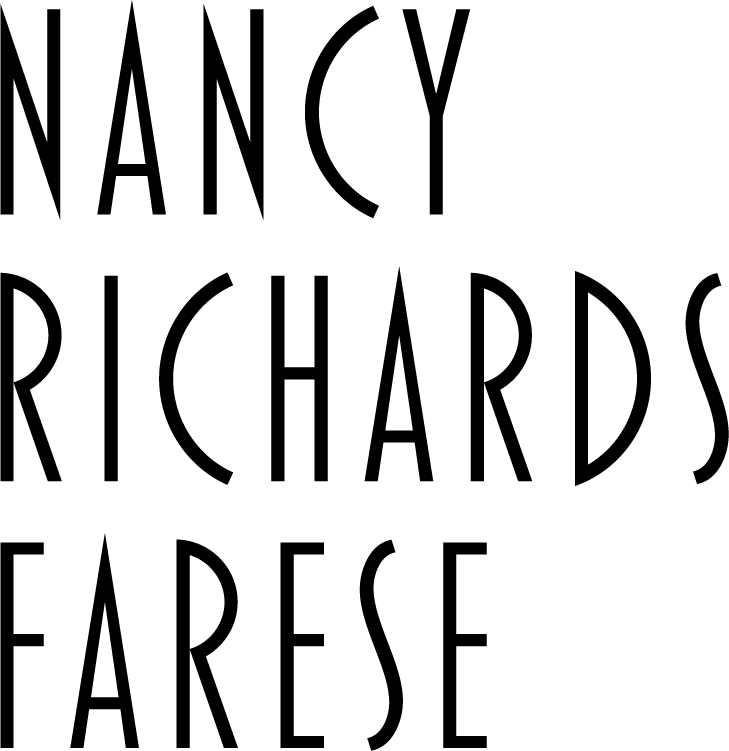As I was growing up in the rural South in the 70s, my father used to gather us kids, all seven of us, in the den “for Family Talks”.
He would line us up on the sofa, and talk to us about what he called Core American Values: hard work, respect, and social responsibility–the values that pointed directly to dignity, truth, and fairness which had formed the backbone of his Depression-era childhood and war experience. He called it “doing what one man can.”
We would wiggle and pinch, feeling tortured, impatient for release. But the power of the imprint was my father’s actions–the daily modeling of living within a framework of values allowing him to take business risks with integrity, to lead workforce integration with tolerance and respect, and to raise seven rowdy kids with a balance of firmness and tolerance. I often think about those sessions on the sofa, and especially lately.
Imagine you live in the Netherlands….
I wonder who teaches values to our children now. I find it fascinating to learn that evolutionarily, storytelling, in the way of my father, is deemed vital for human survival, passing down wisdom and values from parent to child, neighbor to neighbor. In our frenetic and disparate world today, where is the touchstone that reminds us all to be honest, generous, and tolerant?
Learning to be tolerant
It used to be the church or temple shaped human values–prompting by admonishment and instruction a sense of right and wrong generally shared by all of the world’s religions. Tolerance was right; violence was wrong; to be loving was to be good. Today the great storytelling of our time is dominated by commercial media and gaming, and the church’s message is diffuse–sometimes inclusive, filling gaps in social programming left open by the state; sometimes exclusive, fearful of those who practice God differently
It used to be communities and families enforced a common value framework–teaching respect, compassion, and social responsibility. Today these groupings can seem deeply riven by political ideology, social breakdown, and a strange and isolating fear.
It used to be that the government created standards and policies that enforce fairness, and the rule of law, establishing a shared understanding that it’s in society’s best interest to care for those less fortunate. Today, well, it’s hard to know what will be left standing after the presidency of Donald Trump.
On November 9th, I flew with a heavy heart to a photo shoot in Mexico City, shamed and angered by the U.S. election, with maybe an overly romantic notion of American moral leadership crumbling around me.
On day three of the photo shoot in an elementary school, an eleven-year-old asked me if this U.S. election meant that we’d have another world war– my worries, exactly.
And then I spent a week photographing children being taught to care.
Educacion Para Compartir (EPC) is a Mexican social agency that uses games and play to instill values such as respect, inclusion, and gender equality with the goal of creating better citizens. Their programming targets the universal things that all parents worry about: apathy, tribalism, violence, and corruption.
The games seem happy and organic, though they are actually developed very carefully to align with the UN Millennial Development Goals: imparting teamwork, respect, tolerance, and the simple joy of play. EPC has now served half a million kids in Mexico and five other countries. Fortunately, they are now coming to the U.S.
A game of tolerance is a soccer game–lots of space, goal posts, and jockeying for teams. However, one boy stuffs a balloon under his shirt and is “pregnant,” so he can not run; another girl is blindfolded and can’t see, so she needs someone to help her at all times; another has asthma, so though you can’t see any impairment, the child has limited mobility to run on the field; another hops around on one leg.
How do you form a winning team? What does “winning” even mean in this context? The Reflection Time afterwards is led by a trained teacher who elicits conversation about inclusion, compassion, and respect. I remembered being back on that sofa, and my naïve assumptions that American core values were somehow unique , and I’m now relieved to be reminded, again, that they are not.
Recently, I took a workshop from renowned photographer Sam Abell. His photographic practice throughout his life has been “compose and wait.” Compositionally, you control the things you can, keeping the elements clear and simple. Then you wait, fully prepared for anything that comes along; life is about surprises, and you never quite know what will enter your frame.
“Compose and wait” seems to be a metaphor that flows in and out of my life with direction and calm–the instruction to compose my values, keeping it clear and simple, because we can never quite know what will enter our frame: a health issue; a challenging relationship; a democracy gone awry.
Again, I am back on that sofa composing my core values, holding on to what is most important as I move through a world full of surprises and challenges.
Maybe that too is the lesson of Educacion Para Compartir: compose your values, and wait, fully prepared for life’s surprises.
With gratitude for editorial help by Anne Whittaker
For more about Educacion Para Compartir visit http://educacionparacompartir.org/









